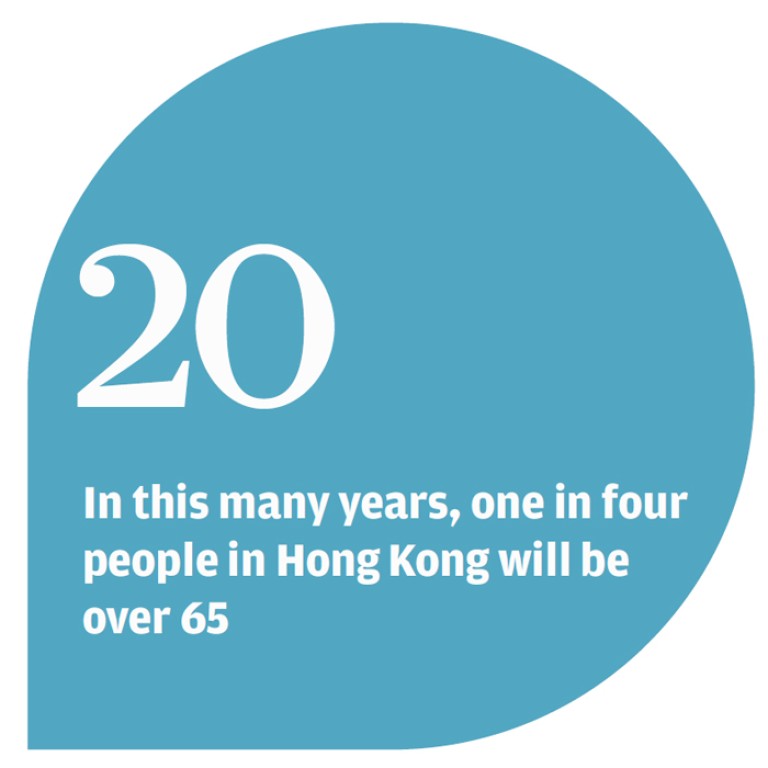
Elderly need neighbours, not paid buddies, says ageing expert
New service coming to HK has merit, but nothing beats the benefits of having someone living nearby who understands, says ageing specialist
A paid buddy system for the elderly is one option to alleviate pressure on the city's aged-care services, but a better model is one that encourages simply being a good neighbour, says a specialist in ageing.

He was commenting on the announcement last week that Home Instead, a US-based aged-care company, wants to expand into Hong Kong and the mainland.
The company's user-pays model matches a carer to a client - with help ranging from taking the older person to the shops, checking their mail and reminding them when to take medication to a higher level of care such as cooking and cleaning.
But Lum believes this model may diminish the informal neighbour relationships that are highly valued by the elderly.
He said a formal buddy system was not a new concept, as non-profit and community organisations already provided this through volunteers. Still, he cautiously welcomed news of the paid model.
"More choice is always better and it's a good option for well-off people, but the model depends on paid staff, which may reduce the role of the community in taking care of older people," Lum said. "For long-term care needs, this will not be a solution."
Instead, the government should invest in nurturing a framework that supports the community to help family members.
Lum said that 20 years ago the city was at the forefront of aged-care services but it had fallen behind, with Japan and Taiwan making more progress.
Overall, the health profile of the city's elderly was good, but about 7 per cent were in nursing homes, one of the highest rates in the world, Lum said. In the US, the rate is 3.8 per cent.
About half of the 950,000 people over 65 live at home with care provided by a domestic helper.
It is this makeshift approach that Home Instead's founder and chairman Paul Hogan wants to change. He said task-driven maids could attend to functional needs such as cleaning, but they lacked the emotional and cognitive engagement an older person needed.
Home Instead staff receive four to eight hours of training before being assigned a client, with ongoing training for 60 days. They are taught that encouraging the older person to stay active is a big part of their role.
On Thursday, the company hosted a seminar for potential franchisees, which attracted about 20 people.
Hogan, 49, said the mainland market had huge potential because as young people migrated to urban areas, their parents often followed suit. "This migration is fracturing the traditional home environment and lifestyle that exists in a rural setting," he said.
"Home Instead allows a daughter to remain a daughter and a son remain a son as we don't replace family care, we supplement it."
